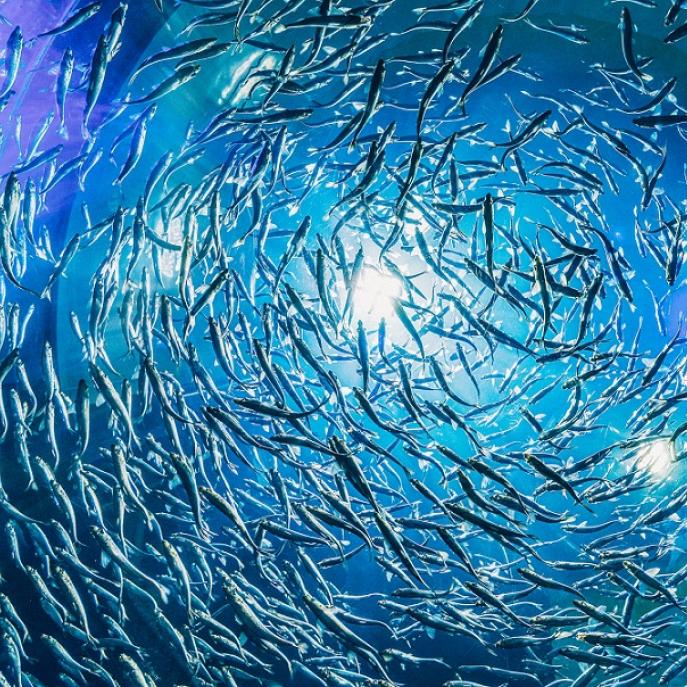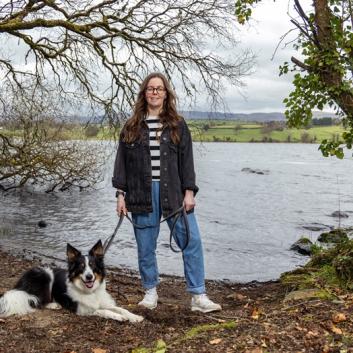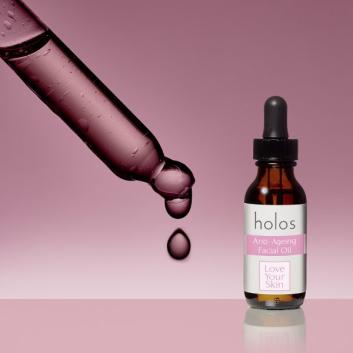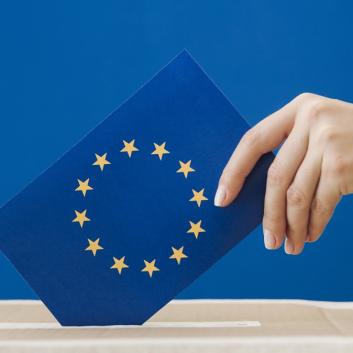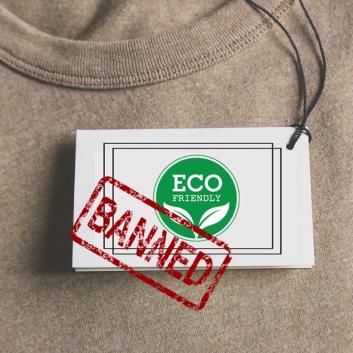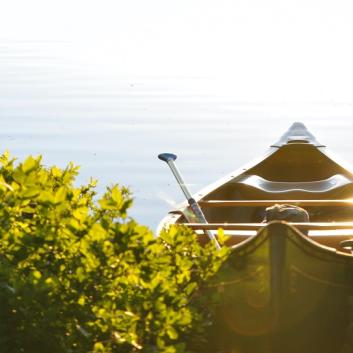New strategy for sustainable and competitive EU aquaculture
The Commission introduced new strategic guidelines for a more sustainable and competitive EU aquaculture to contribute to the European Green Deal and, in particular, the Farm to Fork Strategy.
The new initiatives are designed to help further develop the EU aquaculture sector to become more resilient and increase competitiveness within the industry while improving its environmental and climate performance.
Virginijus Sinkevičius, Commissioner for environment, oceans and fisheries, said at the launch event in Brussels:
“Aquaculture has a growing role to play in the European food system.
The sector can offer healthy food with a climate and environmental footprint generally below that of land-based farming.
With the guidelines we adopted today, we want to position EU aquaculture production as the global reference for sustainability and quality, reduce our dependence on seafood imports and create more jobs, especially in coastal regions.”
One in four of every seafood product consumed in Europe comes from aquaculture.
However, most of the seafood consumption is covered by imports, making up around 60% of the total supply.
There is a sizeable market growth potential for businesses in this sector, given that only 10% of EU seafood consumption comes from EU aquaculture.
Despite these commercial prospects, EU aquaculture production has only increased by 6% since 2007, and the EU's contribution to world aquaculture production represented less than 2% of the global output in 2018 (Food and Agriculture Organization, FAO, 2020).
EU Member States and stakeholders, notably those represented in the Aquaculture Advisory Council, prepared the guidelines and set four inter-related objectives for the further development of aquaculture in the Union:
- Building resilience and competitiveness
- Participating in the green transition
- Ensuring social acceptance and consumer information
- Increasing knowledge and innovation
Looking at the challenges and opportunities of the EU aquaculture sector, the guidelines propose specific actions on several areas, including access to space and water, human and animal health, environmental performance, climate change, animal welfare, regulatory and administrative framework, and communication on EU aquaculture.
As part of specific actions, the Commission proposes to develop detailed guidance documents regarding good practices in the most important areas.
A dedicated Aquaculture Assistance Mechanism is part of these plans to support the development of those guidance documents, as well as the implementation of showcased good practices.
The proposed guidelines will also support the substantial increase in organic aquaculture at the EU level, which feeds into the recently published Organic Farming Action Plan.
In recognition of the vital role, aquaculture plays in European food security, sustainable growth and employment, the Common Fisheries Policy foresees a system of strategic coordination of aquaculture policy in the EU.
The Commission invites EU Member States to consider these new guidelines in their Multiannual National Strategic Plans for the development of the aquaculture sector and their support to the industry under the future European Maritime, Fisheries and Aquaculture Fund (EMFAF) and other EU funds.
Headline image: Harrison Haines from Pexels






